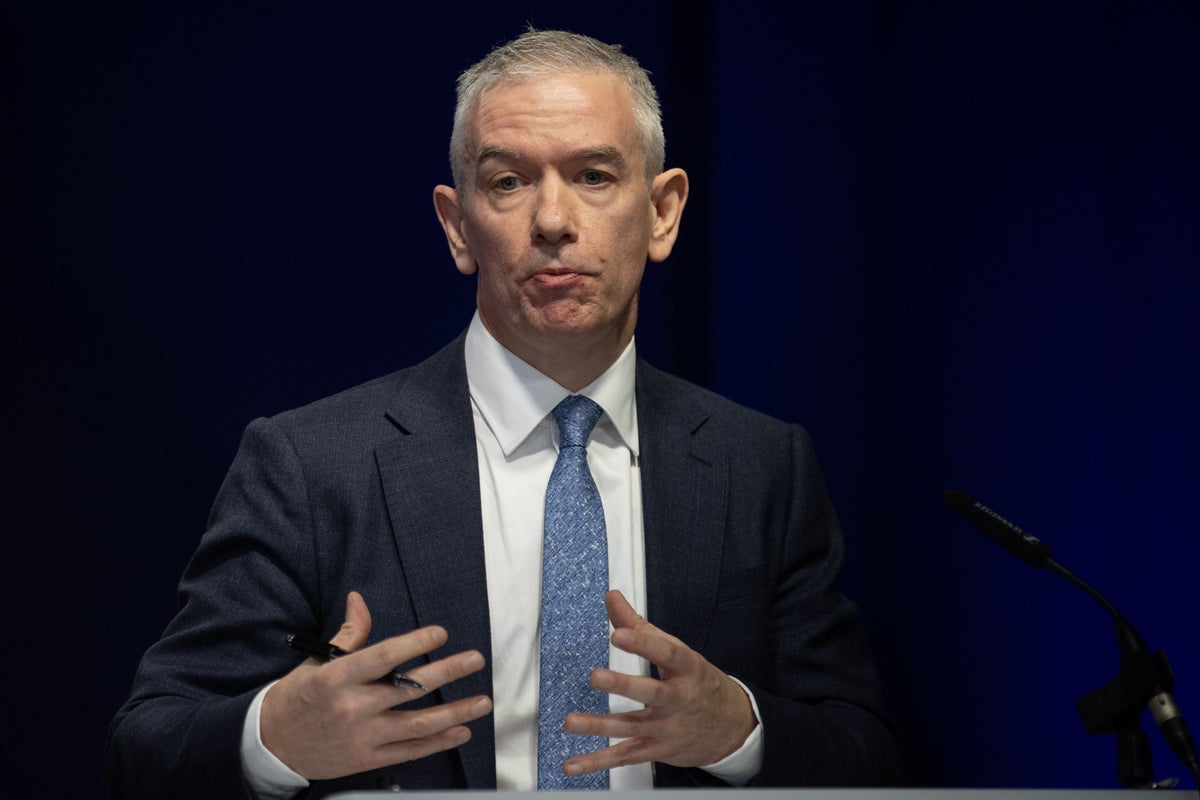Are Dating Apps Hurting Your Mental Health? Experts Weigh In

In today's digital age, dating apps have become a ubiquitous tool for meeting potential partners. However, beneath the surface of swiping and instant connections lies a growing concern: the potential impact on mental health. While these apps offer convenience and access to a wide pool of individuals, experts are increasingly warning about the addictive nature and psychological pitfalls associated with their use.
The Dopamine Loop and Addiction
One of the primary concerns revolves around the dopamine rush experienced when receiving a notification, a like, or a message. This immediate gratification triggers the brain's reward system, creating a cycle of seeking validation and excitement. “People can become addicted to apps and to the dopamine rush they get when someone responds to them,” explains therapist Sarah Jones. This constant pursuit of external validation can lead to compulsive checking, excessive swiping, and a feeling of anxiety when the app isn't being used.
Comparison and Low Self-Esteem
Dating apps often present a curated version of reality, where users showcase their most flattering photos and highlight their desirable traits. This can lead to unrealistic expectations and a tendency to compare oneself to others. The constant exposure to seemingly perfect profiles can trigger feelings of inadequacy, low self-esteem, and body image issues. The rejection inherent in the swiping process, where profiles are frequently dismissed without a second thought, can further exacerbate these feelings.
The Paradox of Choice
While the abundance of choice offered by dating apps might seem appealing, it can paradoxically lead to dissatisfaction. The “paradox of choice” suggests that having too many options can actually decrease happiness and increase regret. Users may constantly wonder if there's someone “better” just a swipe away, preventing them from fully investing in a potential connection. This can result in a perpetual state of searching and a reluctance to commit.
Impact on Real-Life Connections
Excessive reliance on dating apps can also detract from opportunities to build meaningful connections in the real world. Spending hours swiping can take away from time spent pursuing hobbies, socializing with friends and family, or engaging in activities that foster personal growth. This can lead to social isolation and a diminished sense of well-being.
Tips for Healthy Dating App Use
While dating apps aren't inherently harmful, it's crucial to use them mindfully and prioritize mental health. Here are some tips for a healthier experience:
- Set Time Limits: Allocate specific times for using dating apps and stick to them.
- Be Realistic: Recognize that profiles are often curated and don't represent the whole picture.
- Focus on Quality over Quantity: Instead of swiping endlessly, take the time to read profiles carefully and engage with individuals who genuinely interest you.
- Prioritize Real-Life Connections: Don't let dating apps replace face-to-face interactions.
- Take Breaks: Step away from the apps when you’re feeling overwhelmed or experiencing negative emotions.
- Seek Support: If you're struggling with the emotional impact of dating apps, consider talking to a therapist or counselor.
Conclusion
Dating apps can be a valuable tool for meeting new people, but it's essential to be aware of their potential impact on mental health. By using these apps mindfully, setting boundaries, and prioritizing well-being, individuals can navigate the digital dating landscape in a healthier and more fulfilling way. Remember, genuine connection and lasting relationships are built on more than just swipes and likes.





